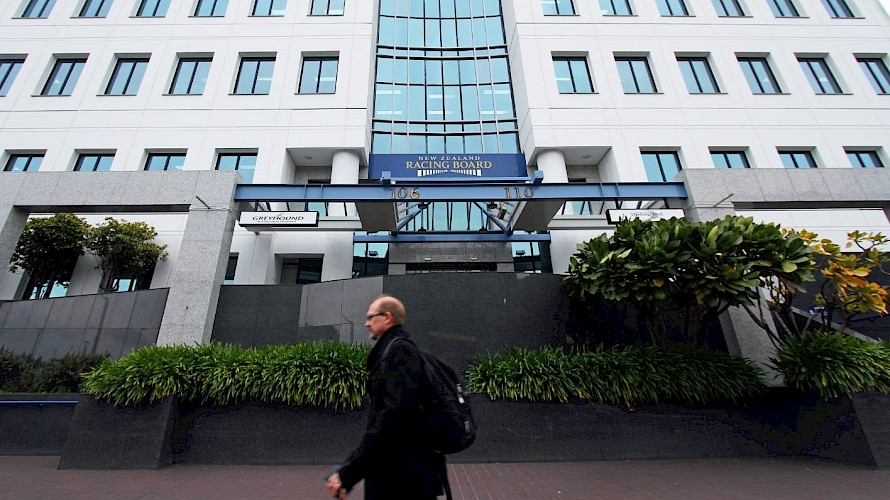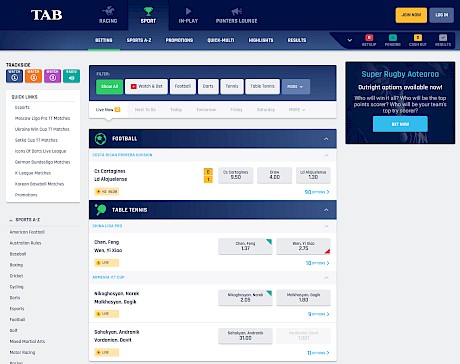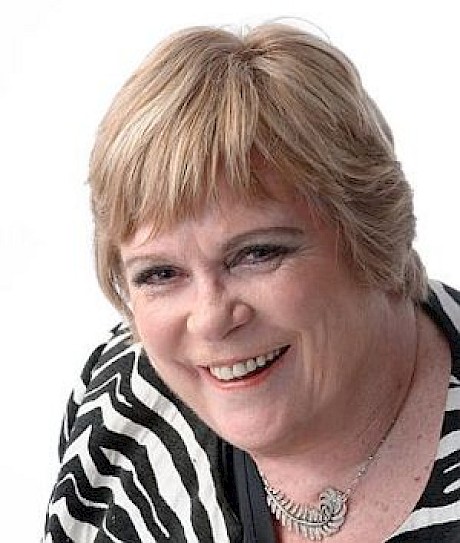
TAB headquarters in Petone where the former New Zealand Racing Board, now RITA, operates from.
Racing Board ignored Deloitte’s warning about significant risks with new betting platform
The New Zealand Racing Board ignored a warning by a leading international financial consultant that spending tens of millions of dollars on its new fixed odds betting platform involved significant risk.
And today, the racing industry is paying the price, $45 million in debt and still afloat only because of a $72.5 million Government bailout.
New Zealand Thoroughbred Racing was concerned enough about the board’s plans that it commissioned an investigation by Deloitte, which was completed in May, 2017 but was not made public until 10 months later.
In it, Deloitte said that while the board’s initiatives of building a new fixed odds platform and acquiring new customers and improving their experiences had merit they required investment of between $59 million and $72 million, a significant spend given the board’s poor balance sheet.
It stressed success was “critically dependent” on those two strategies being executed on time and on budget and delivering the benefits anticipated.
Deloitte believed there was “significant risk” with both projects and the board’s calculations relied on significant additional profit being generated within a relatively short period of time.
CEO John Allen announced in May, 2017 that the betting platform would cost between $30 million and $35 million. Openbet was to build the platform and Paddy Power Betfair would provide the data, pricing and risk management tools to drive the platform.
The price tag ended up at $40.8 million.
But not only did the platform go well over budget it was also five months late.
 Betting plummeted when the new bug-ridden website went live in January, 2019.And worse, there were so many bugs in the system when the new website went live in January, 2019, turnover plummeted as frustrated punters either stopped betting or dramatically reduced their spend. Costs escalated even further as the TAB mounted a rearguard action to try to make the platform work.
Betting plummeted when the new bug-ridden website went live in January, 2019.And worse, there were so many bugs in the system when the new website went live in January, 2019, turnover plummeted as frustrated punters either stopped betting or dramatically reduced their spend. Costs escalated even further as the TAB mounted a rearguard action to try to make the platform work.
In its first six months of operation profit was significantly below budget, impacted also by the failure of anticipated legislative changes going through Parliament to enable offshore charges (a betting information use charge and point of consumption charge).
In his Statement of Intent in October 2019, Racing Industry Transition Agency chair Dean McKenzie described the $9.2 million drop in profit in 2018-19 as “very disappointing.” The final profit figure of $136.7 million was $36.8 million below budget.
“While we are optimistic these investments will deliver significant benefits over time, it is clear they have not yet delivered the financial results anticipated.”
McKenzie noted one of the problems of setting the new season budget was a risk of delays in “resolving the backlog of issues with the new betting platform.”
Two most critical issues ignored
Deloitte said the board initiatives did not address the two most critical issues faced by the industry - its lack of scale and cost inefficiency. In essence New Zealand’s population was too small to realise the benefits needed.
“The lack of scale means it is unlikely NZRB will be able to achieve a sustainable competitive advantage against international wagering competitors.
“Our analysis shows NZRB has struggled to contain fixed and variable costs and, as a consequence, revenue growth has not translated into an enhanced bottom line.”
Further, the cost structure of NZRB was high relative to its peers, the report said. This was not a reflection on NZRB management but simply a function of a lack of scale.
Deloitte’s analysis also concluded the success of the board’s initiatives was dependent on very significant changes in both the number of people betting, how they bet and how much.
It questioned whether enough allowance had been made on the impact of more fixed odds betting on tote betting and the increased margin pressure.
The margins the platform would return to the industry were tested by KPMG in an earlier report to the board, but Deloitte was critical of the strength of that testing.
Deloitte developed its own model to estimate the impact of an ongoing decline in tote turnover and increases in operating costs. It did not even make allowance for the substantial costs the board was facing for anti-money laundering compliance (it ended up spending $8 million).
It predicted the financial result would be between $49 million and $135 million lower between 2018 and 2021 than the board assumed - while significantly increasing indebtedness.
Deloitte said it calculated the industry could achieve gross annual benefits of $63 million through outsourcing.
 Board chair Glenda Hughes and her CEO John Allen were both very critical of the Deloitte report.
Board chair Glenda Hughes and her CEO John Allen were both very critical of the Deloitte report.
‘Desktop exercise’
In a reply to a letter from the then NZTR board chairman Dr Alan Jackson, NZRB chair Glenda Hughes described the Deloitte report as “a desktop exercise which did not engage with NZRB or draw on the most up to date data.” That meant it could only ever be “illustrative or indicative.”
“Many of Deloitte’s assumptions vary significantly from NZRB’s.”
Hughes pointed to the KPMG report which concluded the assumptions on which its fixed odds betting business case was built were conservative.
Hughes also took issue with Deloitte’s reservations on punter numbers and activity.
“NZRB has demonstrated a strong capacity to acquire new customers and very deliberately manages the positioning of its tote and fixed odds products.”
On outsourcing, Hughes said various reports made it clear there was potential value in it longer term.
“The board accepts this but there are significant risks, including loss of control, which will require careful management.”
Allen was also very critical of the Deloitte report, and said it did not do enough research into the fixed-odds platform.
“In our view they have significantly understated the value we are going to create from this,” he said at the time.
So confident was Allen and the board that the initiatives would immediately boost profits, they decided to increase by $24 million the payout they would make to the racing industry over the next two years.
Neither Hughes nor Allen survived on the board to see the disastrous outcome.
More news in Gallops
Billy primed to give young Jack an early career win at Cambridge on Wednesday
Money comes for Platinum Attack with the promise of better footing at Trentham
Lisa: It’s a hot field but Platinum Attack’s not out of it - and the $23 odds are very tasty
Lisa: Attack’s been practising right-handed and can run a cheeky race in the Railway
Our runners this week
Saturday at Te Rapa
Billy Lincoln.


